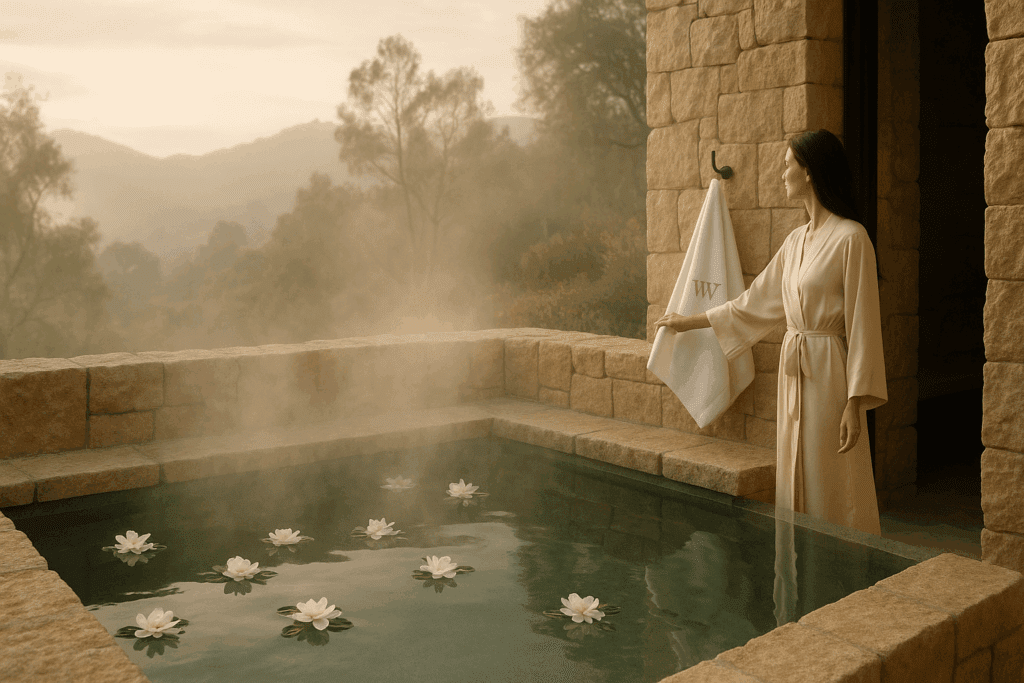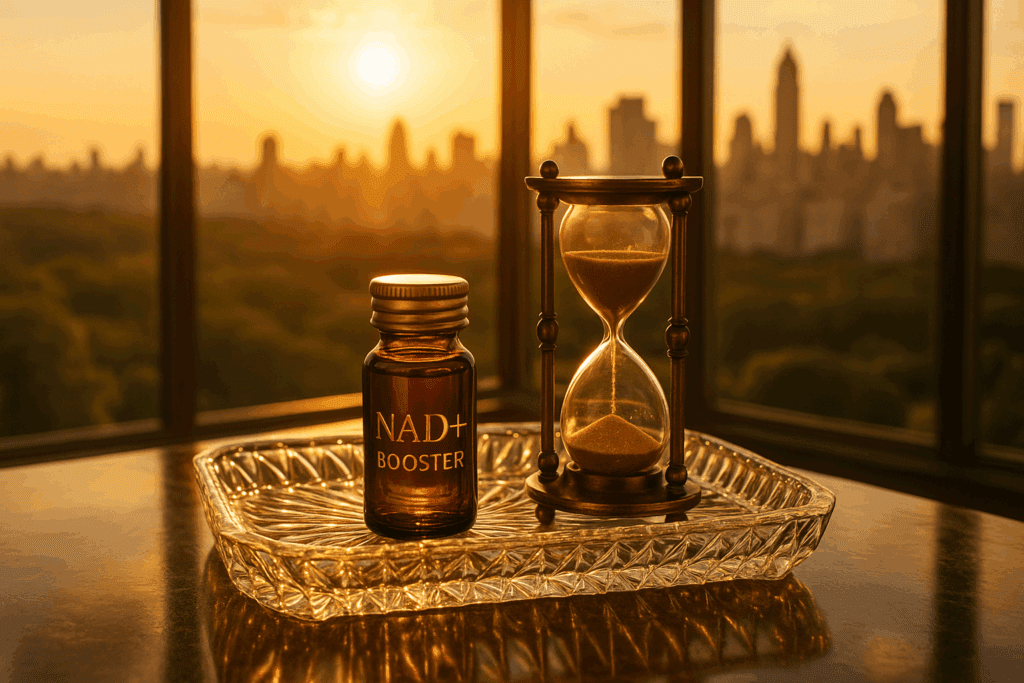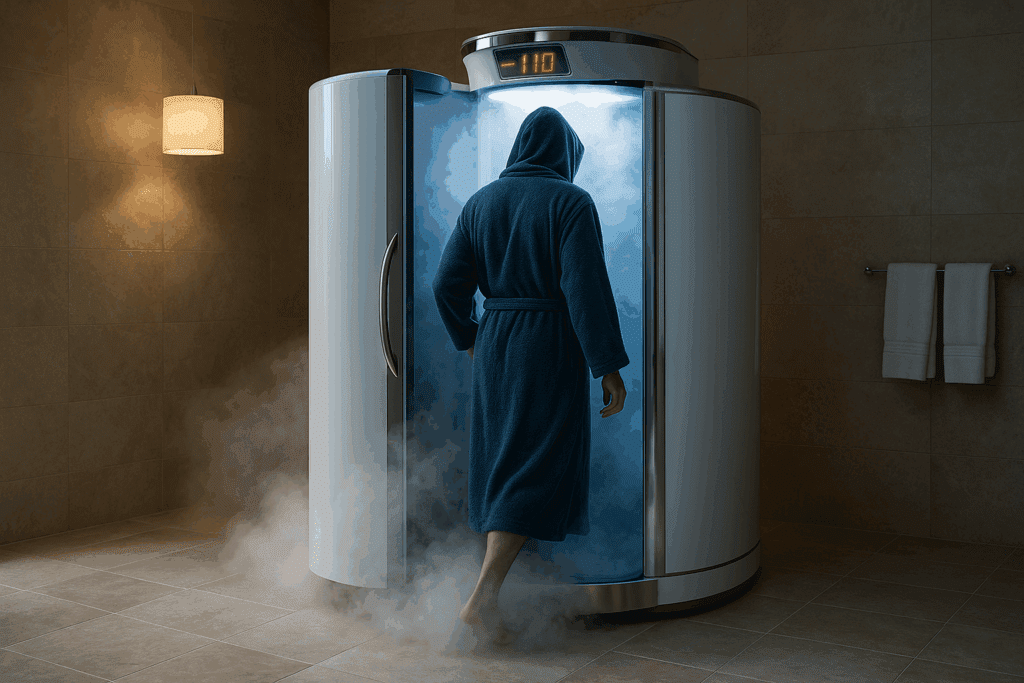How a Longevity Doctor’s Biohacking Techniques Reverse Aging and Promote Lifelong Health
The New Frontier of Aging: Rewriting Biological Time
While chronological age marches forward with calendar pages, biological age—the true measure of cellular vitality—is becoming malleable. Pioneering longevity doctors are proving that strategic interventions can decouple time lived from physical decline. Dr. Kara Fitzgerald, a leading functional medicine expert featured in The Independent, demonstrates through epigenetic testing that patients can reverse biological age by 3–5 years in just 8 weeks using targeted diet, sleep, and stress protocols. This isn’t science fiction; it’s science optimized.

The Biohacker’s Toolkit: Four Pillars of Age Reversal
Modern longevity strategies blend ancient wisdom with cutting-edge biotechnology. Key protocols include:
- NAD+ Optimization: Boosting this critical coenzyme (via precursors like NMN or NR) enhances DNA repair and mitochondrial function. A 2023 Cell Metabolism study showed NAD+ supplementation reversed vascular aging in mice, with human trials underway.
- Time-Restricted Eating: Aligning meals with circadian rhythms (e.g., 8-hour feeding windows) activates autophagy. Research from the Salk Institute links this practice to reduced inflammation and improved metabolic flexibility.
- Cold Exposure: Cryotherapy or cold plunges trigger cold-shock proteins like RBM3, shown in Nature studies to protect synaptic connections and stimulate brown fat thermogenesis.
- Hyper-Personalized Biomarkers: Advanced testing—from DNA methylation clocks (Horvath’s Clock) to GlycanAge analysis—creates bespoke intervention plans.
Epigenetics: The Master Control Panel of Aging
Your genes are not your destiny. Epigenetic modifications—chemical tags influenced by lifestyle—determine which genes activate or silence. Dr. Fitzgerald’s program focuses on methylation patterns, using folate-rich greens, cruciferous vegetables, and targeted supplements like betaine to optimize gene expression. A 2024 Stanford trial found participants using similar protocols showed improved telomere maintenance and reduced epigenetic age acceleration by 40%.

The Luxury of Precision Medicine
For high-performance individuals, longevity is becoming a bespoke experience. Clinics like Fountain Life offer full-body MRI scans detecting early-stage pathologies, while startups like Altos Labs invest $3B in cellular reprogramming. The new wellness status symbol? A comprehensive biomarker panel revealing your biological age’s “credit score.”
Beyond Supplements: The Aesthetics of Longevity
Longevity science now intersects with luxury lifestyle design. Cryotherapy chambers resemble futuristic pods in five-star spas, while NAD+ IV drips are administered in chic wellness lounges. Even fashion adapts: brands like Lululemon and Armani now integrate biometric sensors into athleisure, tracking real-time metabolic data through NFC-enabled fabrics.
The Ethical Imperative
As billionaires invest billions in longevity ventures (Bezos’ Altos Labs, Thiel’s Methuselah Foundation), experts urge democratizing access. Initiatives like Dr. Peter Attia’s “Outlive” movement promote affordable biomarkers, while WHO’s Decade of Healthy Aging focuses on global equity. True progress, argues Harvard’s Dr. David Sinclair, lies in extending healthspan—not just lifespan—for all.
Conclusion: The Art of Living Longer, Better
Aging is no longer a passive process but a canvas for innovation. Through strategic biohacking, epigenetic fine-tuning, and personalized medicine, we’re rewriting what it means to grow older. The future belongs to those who view longevity not as a quest for immortality, but as a commitment to living with unapologetic vitality—where every cell tells a story of intention, science, and the audacity to thrive.




